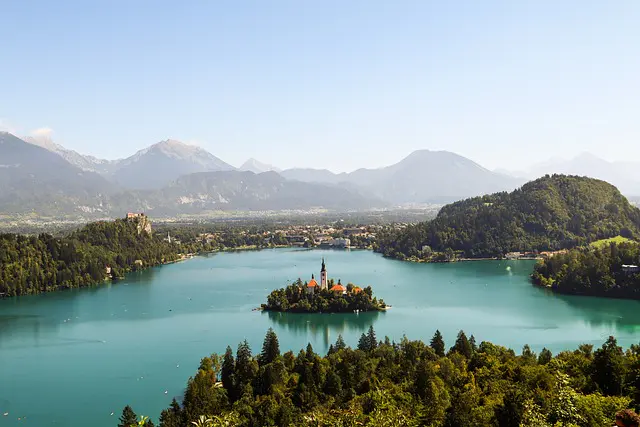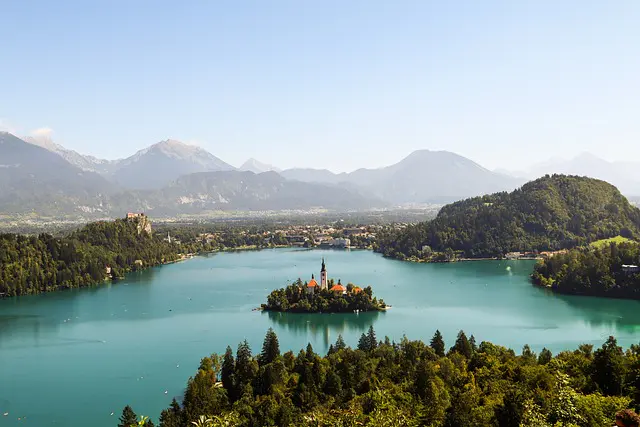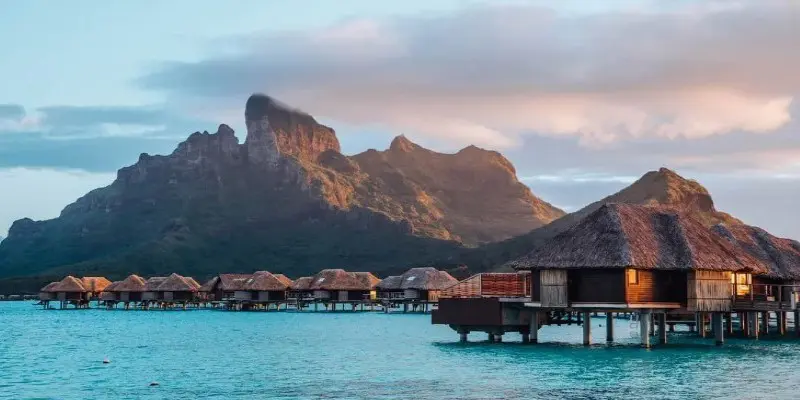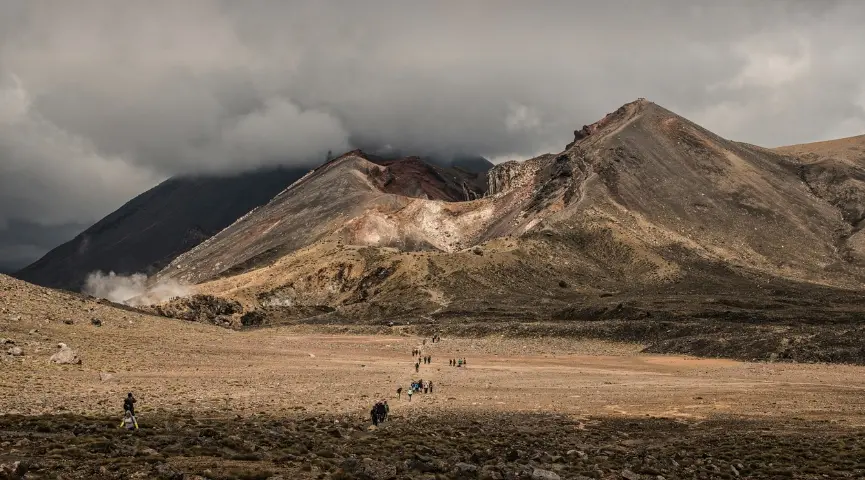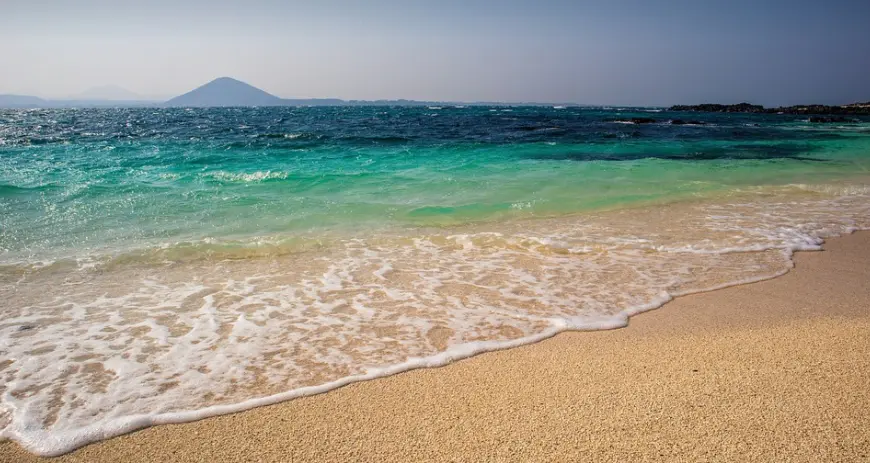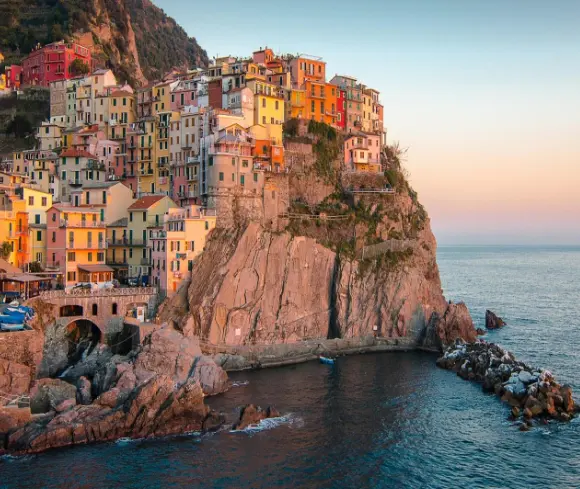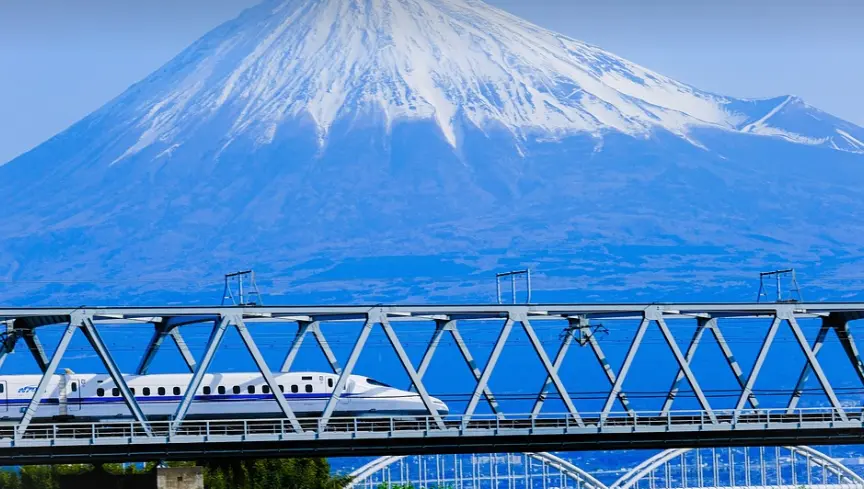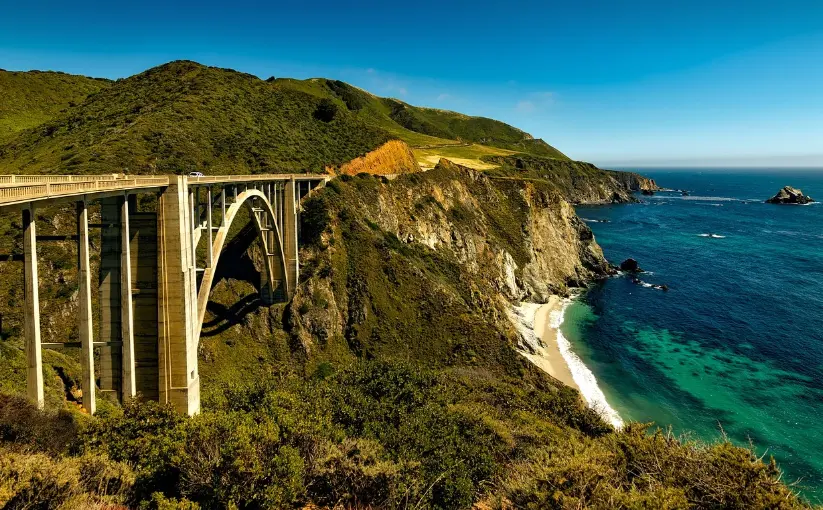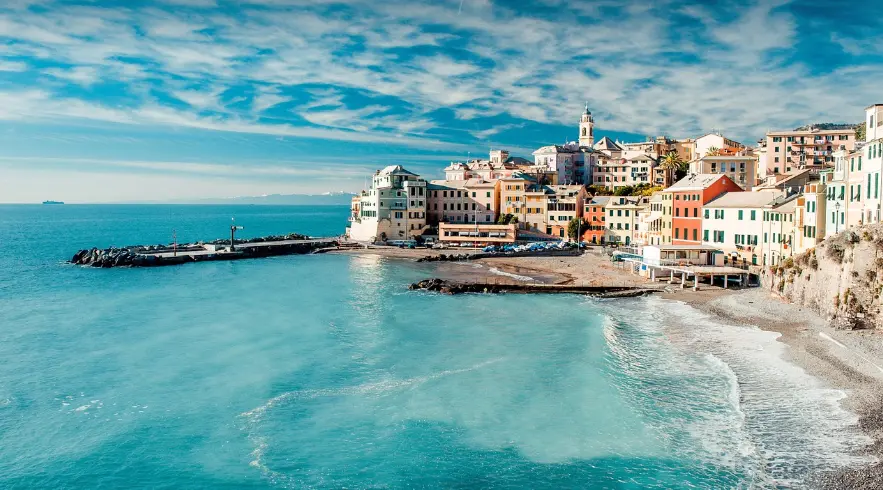While Europe is renowned for its famous landmarks such as Paris, Rome, and Amsterdam, there are many hidden treasures that are less frequented by tourists. These off-the-beaten-path locations provide a unique opportunity for travelers to immerse themselves in untouched nature, experience authentic cultural practices, and savor genuine local flavors.
Consider Slovenia's Lake Bled, which, despite not being as globally recognized as other European hotspots, offers a spectacular view of a tranquil, jade-green lake encircled by the majestic Julian Alps. Visitors can embark on a boat ride to a tiny isle that houses an ancient church, offering a tranquil retreat from the hustle and bustle of contemporary life. Lake Bled exemplifies the many obscure yet richly beautiful and historically significant sites in Europe.
Albania presents a less crowded alternative to the popular coastal destinations of Croatia and Greece, with its pristine beaches and dramatic landscapes. The beaches boast clear waters and secluded coves, ideal for peaceful contemplation or adventurous exploration. Towns along the Albanian Riviera, such as Dhërmi and Jale, provide unspoiled natural beauty without the commercialism found in other Mediterranean locales.
Transylvania in Romania, famed for its Dracula lore, is another region that has largely escaped the notice of most international visitors. Here, one can visit medieval castles like Bran Castle, often associated with Dracula, or trek through the Carpathian Mountains in pursuit of rare fauna and stunning vistas. This area is rich in folklore, and tourists can gain insight into long-standing traditions through interactions with local craftsmen and villagers. Transylvania's varied terrain, from thick forests to expansive hilltop settlements, makes it an ideal destination for those who love the outdoors and history.
The charm of these lesser-traveled destinations is not only in their scenic splendor but also in the genuine cultural interactions they facilitate. Tourists often find a more profound connection with the local lifestyle, whether through traditional cooking lessons, participation in local festivities, or direct engagement with artisans and community members. For those seeking an escape from the overly commercialized and impersonal nature of many popular destinations, Europe's hidden gems offer a revitalizing experience.
As these under-the-radar spots garner more interest, there is a risk of increased commercialization. The challenge for travelers is to maintain a balance—discovering these places while showing respect for local communities and the environment. It's crucial to travel with mindfulness, choosing to stay in locally-owned lodgings, dining at family-run eateries, and engaging with the local culture in a significant way. By doing so, we can help ensure the continued existence of these hidden gems, support the local economy, and aid in the conservation of cultural heritage.
Recent
See All2025-04-02
Greetings, intrepid voyagers! Imagine a place where the South Pacific unveils its most enchanting secrets: French Polynesia, a realm of unparalleled splendor and adventure. Here, you'll find yourself immersed in a symphony of vivid blues and lush greens, with coral reefs pulsating with life. It's a destination that promises not only rest and relaxation but also a series of delightful logistical challenges to conquer.
2025-04-02
Discovering Africa's Hidden Gems
2025-04-02
Discovering New Zealand's Premier Hiking Paths
2025-04-02
Embarking on an Adventure in Vertical Wilderness: Rock Climbing at Yosemite National Park
2025-04-02
Essential Guide for Your Maiden Voyage to Egypt
2025-04-02
Discovering the Rich Heritage of South Korea: An Explorer's Journey
2025-04-02
Unearth the Lesser-Known Marvels of Italy Beyond the Usual Suspects
2025-04-02
Discovering the Land of the Rising Sun by Rail: A Guide to Japan's Finest Train Journeys
2025-04-02
Embark on the Ultimate American Road Trips: A Journey from Shorelines to Arid Lands
2025-04-02
Embark on a Journey Through Greece's Island Gems
Newsletter
Get life tips delivered directly to your inbox!
